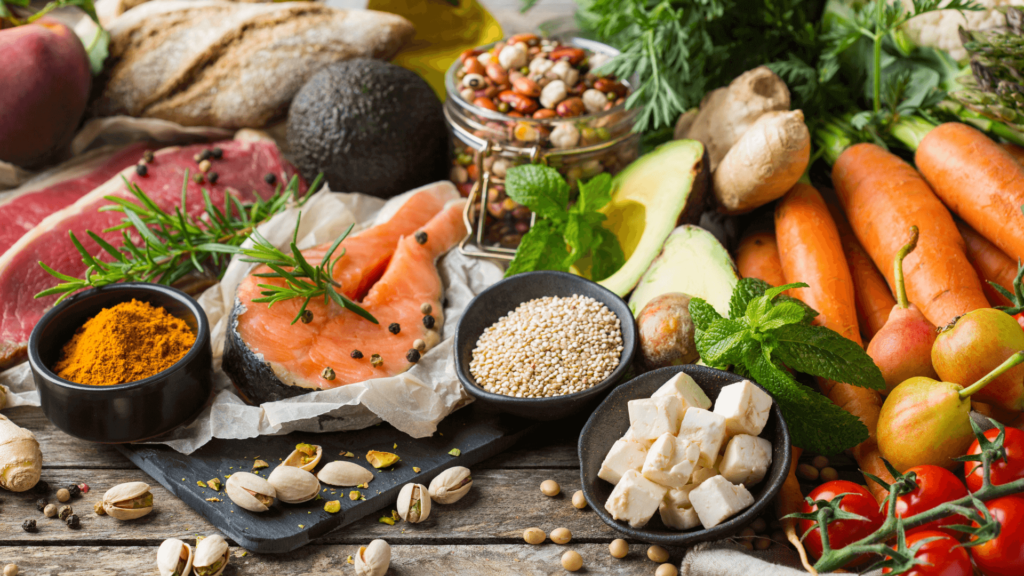
The relationship between nutrition and insulin resistance is a complex one, and it’s important to understand how the two are connected in order to reduce your risk of developing this serious health condition. Insulin resistance occurs when the cells of your body become less sensitive to the effects of insulin, a hormone produced by your pancreas that helps your body use glucose from carbohydrates for energy.
When insulin resistance occurs, your pancreas must work harder to produce more and more insulin to keep your glucose levels in check, but eventually the pancreas can no longer keep up, resulting in high levels of glucose in your blood. This can increase your risk of developing type 2 diabetes, heart disease, and stroke, as well as other health problems.
So, what role does nutrition play in reducing your risk of insulin resistance? Here are some tips:
Eat a balanced diet: Eating a variety of nutrient-rich foods, such as whole grains, lean proteins, healthy fats, fruits, and vegetables, is essential for good health and helps to keep your blood sugar stable. Additionally, try to limit your intake of ultra-processed foods and refined sugars, as these can cause spikes in your blood sugar levels.
Get enough fiber: Eating foods high in fiber, such as oats, beans, and vegetables, can help to slow the absorption of glucose and reduce your risk of insulin resistance.
Consume healthy fats: Eating a diet rich in healthy fats from nuts, seeds, avocado, fish, and olive oil can help to improve insulin sensitivity and reduce your risk of developing insulin resistance.
Avoid refined carbs: Refined carbs like white bread, pasta, and other processed foods can cause spikes in your blood sugar levels and should be avoided.
By following these tips and focusing on eating a balanced diet, you can help to reduce your risk of developing insulin resistance and other serious health problems. However, if you’re already experiencing insulin resistance, it’s important to speak with your doctor to discuss ways to manage the condition and stay healthy


